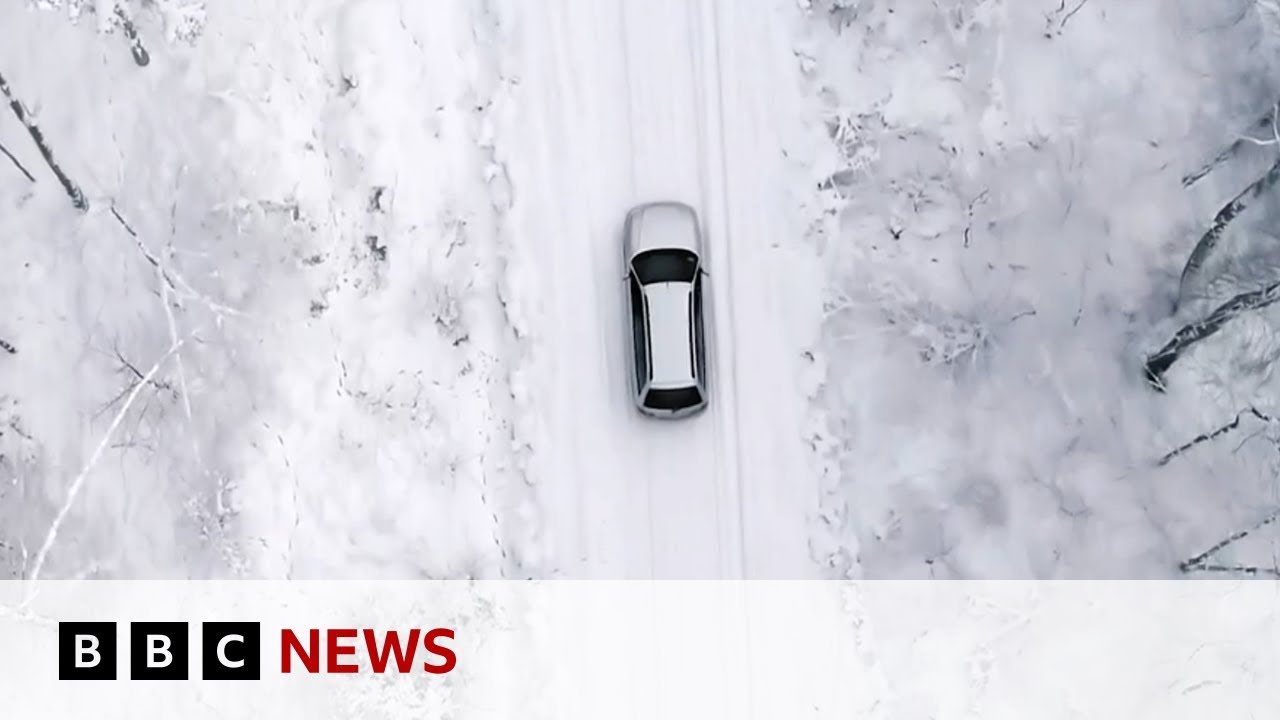Electric vehicles (EVs) are encountering difficulties during extreme cold conditions, which negatively impact their driving range and charging speed. The core of the issue lies in the lithium-ion batteries that power EVs, as the chemical reactions within these batteries slow down in colder temperatures. This can lead to a reduction of driving range by up to 25% and also necessitates a slower charging process to maintain battery stability. However, there are measures EV owners can take to mitigate these effects and improve their cold-weather performance, while manufacturers continue to develop more cold-resistant technologies.
- Electric vehicles are more challenging to operate in cold weather, affecting driving range and charging speed.
- Lithium-ion batteries, which power EVs, have chemical reactions that slow in colder conditions.
- EV driving range can be reduced by as much as 25% in winter.
- Charging speeds are intentionally slowed down to prevent battery instability when temperatures are below freezing.
- Taking fewer short trips and maintaining a minimum of 20% charge can help conserve battery life.
- Driving for at least 30 minutes before charging can help warm the battery and speed up the charging process.
- Car companies are focusing on advancements to make EVs more efficient during colder months.
- Despite the challenges, EVs may compensate for their reduced cold weather efficiency with their overall environmental benefits.
The British Broadcasting Corporation is a British public service broadcaster headquartered at Broadcasting House in London. Originally established in 1922 as the British Broadcasting Company, it evolved into its current state with its current name on New Year’s Day 1927.
AllSides Media Bias Rating: Center
https://www.allsides.com/news-source/bbc-news-media-bias
Official website: https://www.bbc.com/
Original video here.
This summary has been generated by AI.
